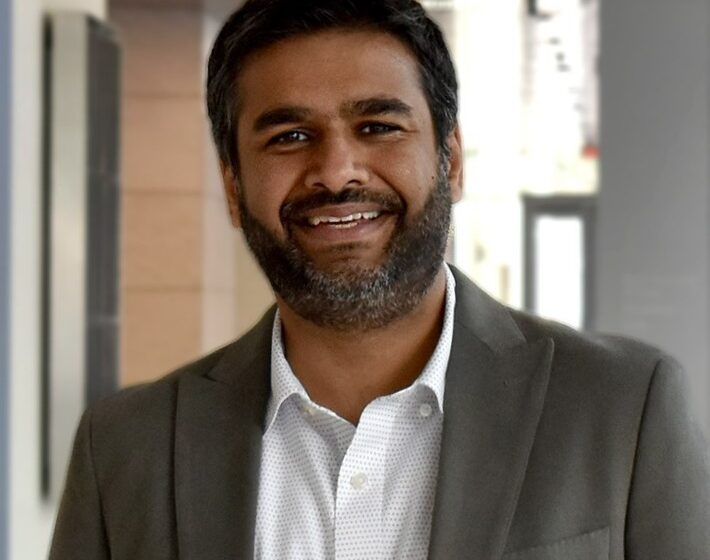Salil Garg awarded NIH’s High-Risk, High-Reward grant

Dr. Salil Garg

Dr. Salil Garg
Dr. Salil Garg, an Indian American researcher at Yale, has been awarded a National Institutes of Health (NIH) grant for his study of non-genetic heterogeneity, or how cell systems with a singular genotype can form diverse cell states and functions.
Garg, an assistant professor of laboratory medicine at Yale School of Medicine (YSM), is one of 67 recipients of the grant for conducting exceptional and creative research with the potential to transform biomedical science.
They have been recognized by NIH’s High-Risk, High-Reward (HRHR) Research program, which supports “visionary and broadly impactful” behavioral and biomedical research projects, according to a Yale media release.
Garg has also received one of New Innovator Awards, which support “unusually innovative research” from early career investigators who are within 10 years of their final degree or clinical residency and have not yet received a large NIH grant.
READ: Ramayya Krishnan to lead new AI cooperative research center at Carnegie Mellon (October 9, 2024)
The 67 research grants, which total about $207 million, are supported by the NIH Common Fund, as well as three other institutes, centers, and offices across NIH.
“The HRHR program champions exceptionally bold and innovative science that pushes the boundaries of biomedical and behavioral research,” said Tara A. Schwetz, deputy director for program coordination, planning, and strategic initiatives at NIH. “The groundbreaking science pursued by these researchers is poised to have a broad impact on human health.”
Dr. Garg’s lab employs highly interdisciplinary science, weaving together genomics, molecular biology, cell biology, systems biology, and machine learning techniques to understand how cell-to-cell differences arise under apparently homogeneous conditions.
The lab is currently studying stem cells and cancer but maintains a broad interest in many areas of mammalian physiology.
Dr. Garg completed his bachelors in chemistry at the University of Chicago, followed by MD-PhD training in the Harvard-MIT combined program. His dissertation work utilized small regulatory RNA molecules to study cellular interactions in the immune system.
Following clinical training in laboratory medicine and molecular genetic pathology, Dr. Garg completed postdoctoral fellowship with Phillip Sharp at MIT.
He started his laboratory as a clinical fellow at MIT’s Koch Institute for Integrative Cancer Research, and the Garg lab moved to Yale University in the fall of 2022.
Arun Kumar served as the Washington-based North America Bureau Chief of the IANS, one of India's top news agencies, telling the American story for its subscribers spread around the world for 11 years. Before that Arun worked as a foreign correspondent for PTI in Islamabad and Beijing for over eight years. Since 2021, he served as the Editor of The American Bazaar.